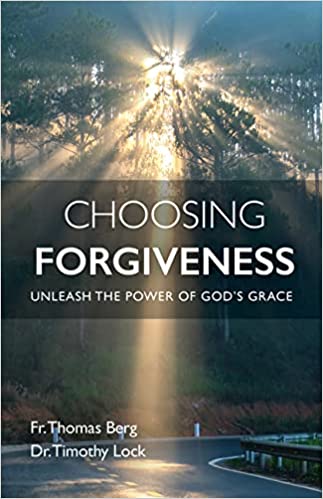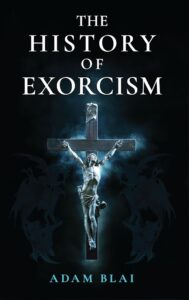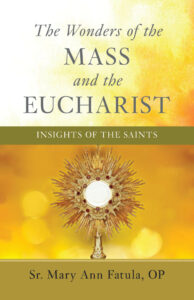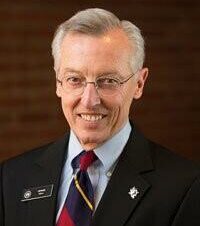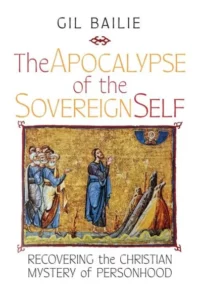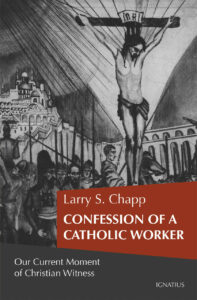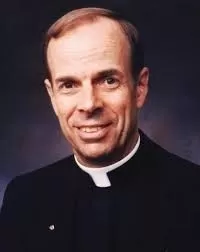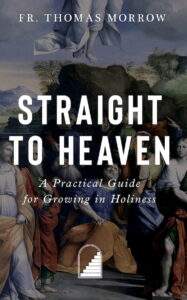Podcast: Play in new window | Download (Duration: 30:38 — 21.1MB) | Embed
Subscribe: Apple Podcasts | Spotify | Amazon Music | Android | Pandora | iHeartRadio | JioSaavn | Podchaser | Gaana | Podcast Index | Email | TuneIn | Deezer | Anghami | RSS | More
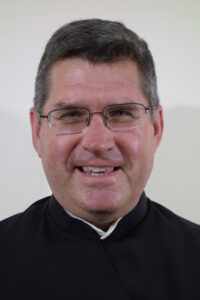
Fr. Basil Nortz on Holy Silence: A Practical Guide to Recollection in God, Part 1
Join Kris McGregor as she discusses the book Holy Silence: A Practical Guide to Recollection in God with Fr. Basil Nortz in part one of this two-part interview.
To listen to part 2 of our conversation visit here: Fr. Basil North – Holy Silence, Part 2 on Inside the Pages with Kris McGregor -Discerning Hearts podcasts
You can find the book here.
From the book description:
“Fr. Basil Nortz masterfully builds upon the classic reflections of Sr. Marie-Aimée de Jésus, a nineteenth-century spiritual mystic and Carmelite nun, on the twelve degrees of silence. By cultivating these types of silence, you will find out how you can — even amid your busy days filled with chatter, commotion, and noise — listen to the voice of God.
In these profound pages you will find ways to overcome your fear of silence and discover:
- Keys to obeying God’s will
- Kinds of silence that are holy and kinds that are unholy
- Ten tips on what to do — and what to avoid — to bridle your senses
- Seven ways to guard your imagination and foster recollection
- How to direct your emotions with reason and foster silence of the heart
- Effective ways of responding to injustice
You will learn the one sinful attitude that cuts us off from the merciful forgiveness of God and will acquire ways to stop passing judgment against others. Additionally, you will learn the most important attitude that disposes us to God’s plans and allows us to enter into His love and converse with Him affectionately throughout the day. Moreover, you will find practical techniques for overcoming distractions in prayer and advice from the saints on methods of meditation to develop silence of the spirit.
Above all, you will glean how to maintain peace of soul and live free from anxiety and despair, regardless of temptations or life’s battles. By relying totally on God, you will fearlessly rise after falls and begin again. You will begin to see the loving hand of God in all things, contemplate the light of His presence, and “be still” in the silence of His love.
“Holy silence is what helps the soul acquire the strength necessary to bear the presence of the all-pure God, who is ipsum esse subsistens (subsistent being itself),” explains Fr. Nortz. “The intensity of that fullness, far from inspiring languid inaction, produces a vibrant joyfulness that St. John expresses in the book of Revelation in terms of the saints singing with full voice.” “
About the Author: Reverend Basil Nortz, O.R.C., is a priest in the Order of Canons Regular of the Holy Cross. He graduated from Christendom College in 1986 with a B.A. in theology. His seminary studies were at the Insitutum Sapientiae in Anapolis, Brazil.

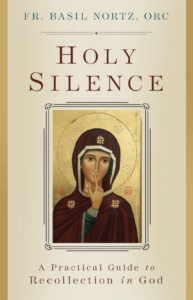

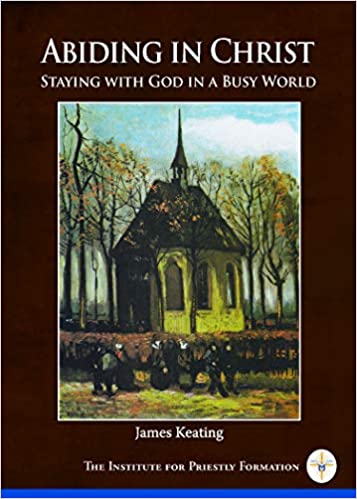
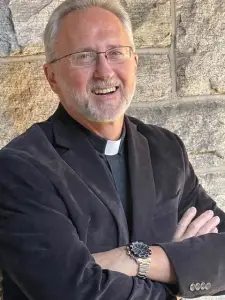 What a delight to be joined by Fr. Thomas Berg to discuss
What a delight to be joined by Fr. Thomas Berg to discuss 